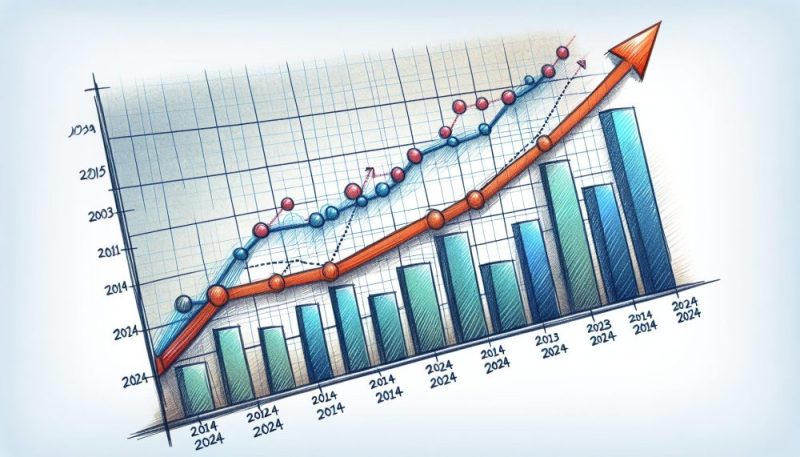Fidelity Investments reports on a recollection of planning for retirement. Account balances hit record levels in the first quarter of 2024 due to increased savings and a strong market. The average 401(k) balance jumped to $126,700 – a 15% increase compared to the first quarter of 2023. This considerable growth is linked to ongoing saving habits and a bullish market. The average Individual Retirement Account (IRA) also rose by 12%, reaching $128,500.
At the same time, a 60% increase made the number of 401(k) millionaires reach a new high. Fidelity advises maintaining a diverse portfolio and regularly reviewing investment strategies. The company highlights the role of investor behavior and market conditions in growing retirement savings. Experts advise regularly contributing to retirement accounts, beyond just relying on market trends.
Record-breaking median 401(k) savings rates reached 14.2%, indicating a rosy financial situation.
Record retirement account balances in 2024
Workers and employers contributed 9.4% and 4.8% to retirement accounts, respectively. The average balance rose to $125,900, a 6% hike, reflecting a rise in general wealth for 401(k) holders.
The first quarter of 2024 witnessed decent growth in Individual Retirement Account (IRA) balances of around 10%. The stock market’s solid performance mainly caused this growth during the period, and retirement savings also experienced a surge due to shifts in investor behavior.
According to records, the accounts of Gen X members who have been saving for the past 15 years exceed baby boomers’ balances. This shift suggests that Gen X might utilize more efficient saving strategies or have greater incomes. For both groups, saving habits vary, indicating a need for further study and better financial advice.
Sharon Brovelli, president of Workplace Investing at Fidelity Investments, expressed optimism about consistency in contributing to retirement savings and the value of long-term investment. She reinforced that the increase in contribution rates is a positive development.
Lastly, there are concerns about potential economic moderation and shifts in consumer spending habits. Slow wage growth, climbing interest rates, and higher gas prices are potential impediments to further economic activity. Monitoring these trends and responding proactively can prepare consumers for possible shifts in financial conditions.








